metal
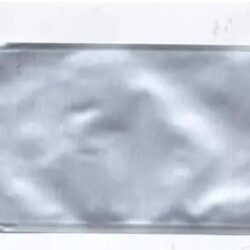
What Is Sheet Metal Stamping?
Common Sheet Metal Stamping ProcessThere are basically only three components to sheet metal stamping—the sheet metal, die, and press machine—but any single part can require multiple steps…
Read more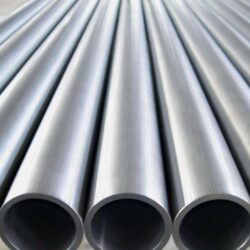
Why doesn’t stainless steel rust?
Stainless steel remains stainless, or does not rust, because of the interaction between its alloying elements and the environment. Stainless steel contains iron, chromium, manganese, silicon, carbon…
Read more
NILES EXPANDED METAL CAPABILITIES
We are able to customize any of our products to meet yourspecific needs or project requirements, specializing in expanded metal, micro mesh, and perforated metal. We manufacture…
Read more
How can I cut a circle in aluminum metal?
How to cut a circle in metal? Take aluminum circle for example. If you want to cut a circle in a piece of aluminium circle, there are two methods. Both entail application of machines.
Read more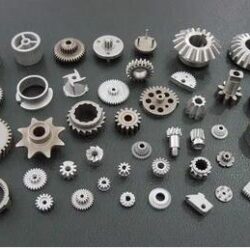
What is the difference between metal stamping and metal fabrication?
Choosing between metal fabrication and metal stamping can be a very complicated decision because both methods have advantages and disadvantages. Various aspects such as cost, time, quality and design must be taken into account.
Read more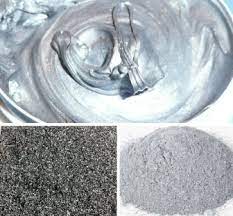
Is aluminum metal natural?
Aluminum is the most common metal found within the earth’s crust (8 percent) but does not occur as a metal in its natural state. Aluminum ore (bauxite) must first be mined then chemically refined through the Bayer process to produce an intermediate product, aluminum oxide (alumina).
Read more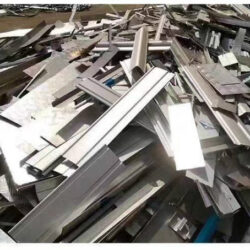
Why recycle scrap metal?
Recycling scrap metal means that we avoid the environmental costs of dumped rubbish and the risk of it leaching toxic chemicals into groundwater at landfill sites. … Recycling also ensures materials don’t become litter! • Reducing the need to dig for virgin materials conserves soil integrity and wildlife habitats.
Read more
What Is a Metal Alloy?
Alloys on the other hand are man-made materials. You make them by combining a metallic element with something else. Alloys can involve combining a metal with metals, non-metals, or both.
Read more
Tianjin Zhongyantiancheng Steel Co., Limited (ZYTC)
ZYTC stocks and processes Tube, Pipe, Bar, Extrusions, Strip, Foil, Sheet and Plate in stainless, aluminum, nickel, titanium and nickel alloy.
Read more
List of Metal Alloys From A to Z
An alloy is a material made by melting one or more metals together with other elements. This is an alphabetical list of alloys grouped according to base metal. Some alloys are listed under more than one element, since the composition of the alloy may vary such that one element is present in a higher concentration than the others.
Read more
What is rebar
Rebar usually will be built so the metal component is not visible within the structure. Rather, it will be buried within the concrete. It’s usually made with ribs rather than smoothly, allowing it to avoid slippage within its structure.
Read more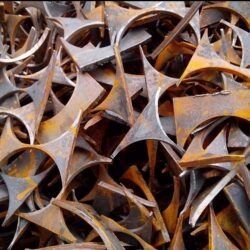
What is the difference between Iron and Steel?
The primary difference between iron and steel is that the former is a metal, whereas the latter is an alloy. Iron is simply a metal element that occurs naturally on Earth. In comparison, steel is a man-made alloy that’s made by mixing iron and carbon together
Read more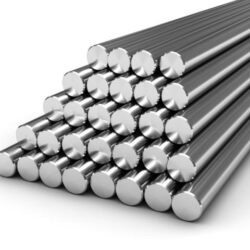
what is the strongest metal
What is the world’s strongest metal? This is one of those questions that sounds simple enough but is actually quite complex. When it comes to metal, making direct comparisons based on strength doesn’t work
Read more
Is Aluminium a strong metal?
Aluminum is a fairly malleable metal, so you’re unlikely to find it on anyone’s list of strongest metals. However, it’s certainly stronger than many other materials
Read more
Aluminum Metallic Minerals
The main minerals of gibbsite in bauxite are (al203.3h20), boehmite (al203.h20), and diaspore, which are regarded as the same composition of boehmite, but with density and difficulty. Pure aluminum, alumina (Al203) anhydrous oxide, containing 52.9% aluminum and 47.1% oxygen. Bauxite can be as hard and soft as stone or mud, and it may occur in compacted soil (including fragile, re cemented), (pisolites) pellets, or hollow, branched material (tubes). It can be light yellow, pink, yellow, red, or white, or any combination.
Read more
Aluminum Metal
Aluminium (aluminum in American and Canadian English) is a chemical element with the symbol Al and atomic number 13. Aluminium has a density lower than those of other common metals, at approximately one third that of steel. It has a great affinity towards oxygen, and forms a protective layer of oxide o
Read more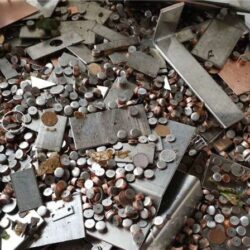
What Makes Industrial Scrap Metal Unique
When it comes to recycling industrial scrap metal, industrial companies face some unique situations that can present different issues than in other sectors where recycling scrap metals is common.
Read more
What Happens to Recycled Scrap Metal?
Scrap metal recycling is the process of reclaiming metals from manufactured items for use in new products. Collection is merely the first step in metal recycling; once recyclable metals have been collected, they will go through additional sorting and treatment before recycling begins.
Read more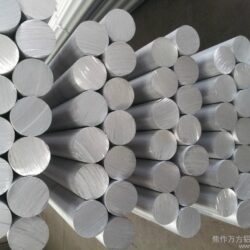
Understanding The Alloys Of Aluminum
Aluminium alloys (or aluminum alloys; see spelling differences) are alloys in which aluminium (Al) is the predominant metal. The typical alloying elements are copper, magnesium, manganese, silicon, tin and zinc
Read more